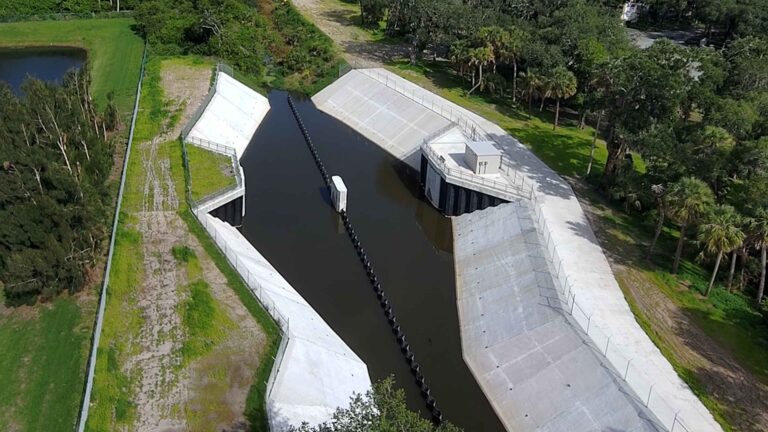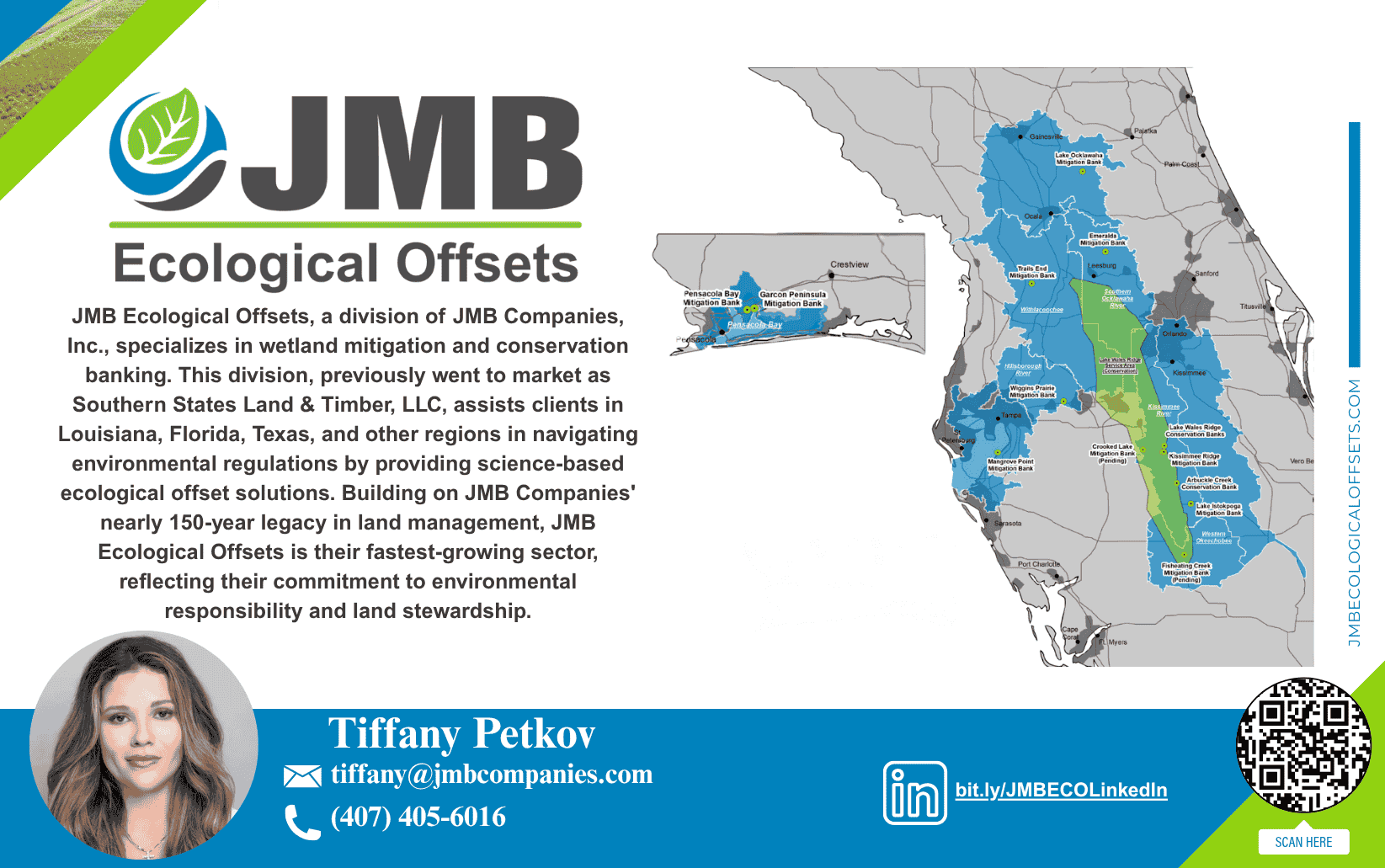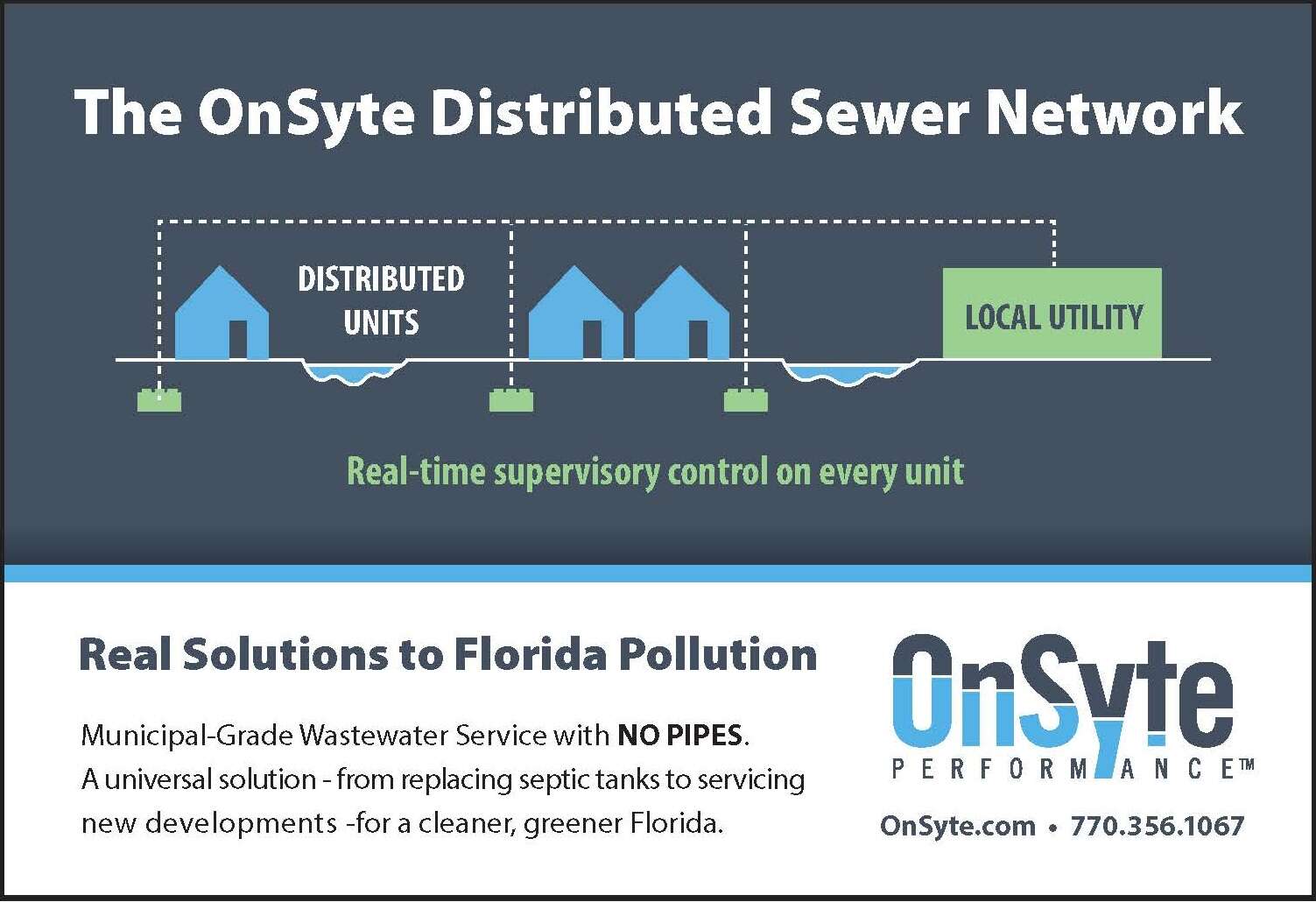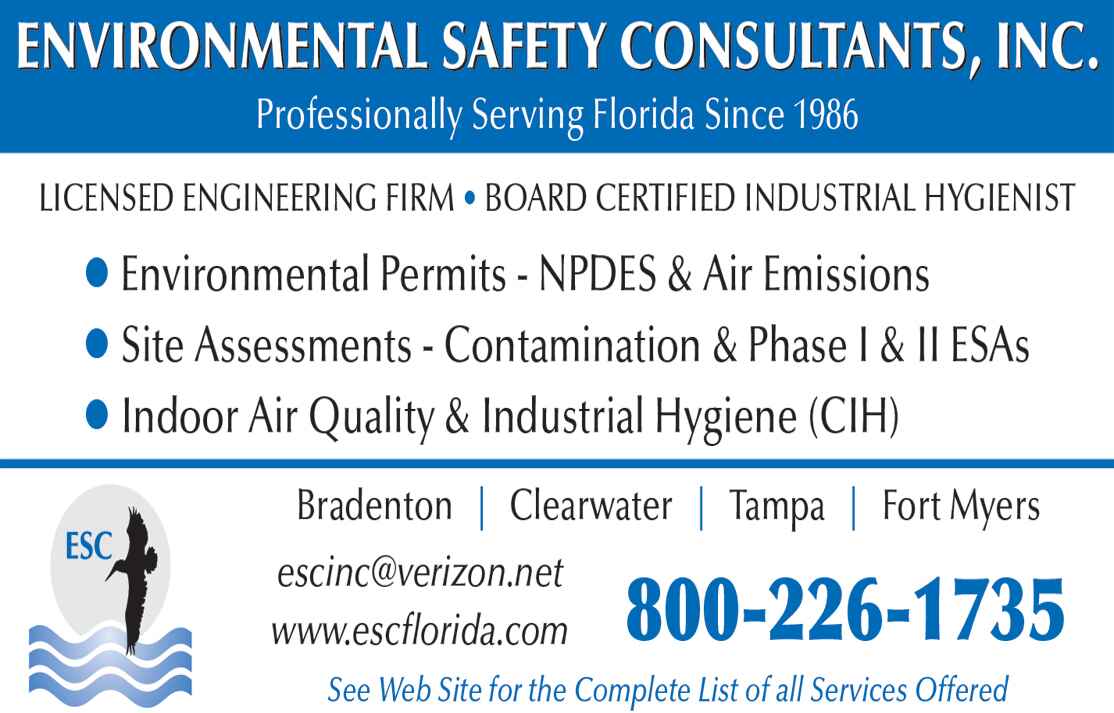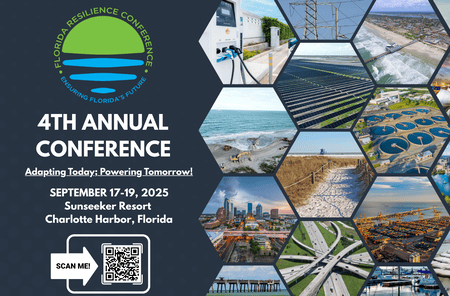By PATRICK GILLESPIE
Another year, another “above-normal” hurricane season prediction.
As Florida entered the 2025 Atlantic hurricane season on June 1, experts are predicting increased activity, and Florida sits in the crosshairs.

In 2024, there were 18 named storms, 11 hurricanes, five of which were major. Hurricane Debby crossed into Steinhatchee in early August as a Category 1 hurricane before being downgraded to a tropical storm and exiting back into the Atlantic Ocean.
In late September, Hurricane Helene brought flooding to the west coast of Florida as it moved north, ultimately making landfall not far from where Hurricane Debby had, but as a strong Category 4 hurricane. On Oct. 10, Hurricane Milton again entered the Big Bend area of Florida as a Category 3 hurricane, taking an unusual path from nearly into Mexico across the Gulf of America, strengthening into a strong Category 5 hurricane before weakening and entering the state near Siesta Key.
The storms caused billions in damages, between loss of agriculture crops, flooding, and major wind damage to structures.
The National Oceanographic and Atmospheric Administration is forecasting a range of 13 to 19 total named storms (winds of 39 mph or higher). Of those, 6-10 are forecast to become hurricanes (winds of 74 mph or higher), including 3-5 major hurricanes (category 3, 4 or 5; with winds of 111 mph or higher). NOAA has a 70% confidence in these ranges.

“NOAA and the National Weather Service are using the most advanced weather models and cutting-edge hurricane tracking systems to provide Americans with real-time storm forecasts and warnings,” said Commerce Secretary Howard Lutnick in NOAA news release. “With these models and forecasting tools, we have never been more prepared for hurricane season.”
Senator Rick Scott traveled the state in May, urging Floridians to stock up on supplies and be prepared for what may come.
“As I always say: you can rebuild your home, but you can’t rebuild your life. Don’t wait,” he said. “Start preparing today.”
Beyond the predictions sits uncertainty about what role the federal government will have in response and recovery efforts.
Typically, the Federal Emergency Management Agency provides resources to state and local governments to aid both before and after storms, with perhaps its largest role in administering federal funds so local and state governments can recoup spent money.
However, as the Trump Administration has settled into power in Washington D.C., the idea of dismantling or changing FEMA has been discussed frequently. There is no FEMA Administrator, however David Richardson, a former Assistant Secretary at the Department of Homeland Security over the Countering Weapons of Mass Destruction Office, is listed as a “Senior Official Performing the Duties of FEMA Administrator” on FEMA’s website.
The President has established a Council to Assess the Federal Emergency Management Agency, which comprises several
governors, local leaders, and DHS Secretary Kristi Noem and Defense Secretary Pete Hegseth. From Florida, Tampa Mayor
Jane Castor, Miami-Dade Sheriff Rosie Cordero-Stutz, and Kevin Guthrie, Florida Division of Emergency Management Director were appointed.
According to experts at Florida State University, the discussion around FEMA has created an unknown going into the season. The university held a hurricane season briefing on May 15.
“The message that we’re getting in the EM community is that the ‘25 season is going to look different than the ‘24 season – we don’t know exactly how that is,” said David Merrick, Director of the FSU Homeland Security Program and Director of the Center for Disaster Risk Policy. “I think Florida might be in a much better position than some of the other states when it comes to the ability to respond and recover if FEMA has a reduced role.” If FEMA’s role is different in Florida, it will impact the financial burden of state and local government.
“The mantra that has been going around the community for the past five to 10 years has been that disasters are locally executed, state managed and federally supported,” he added. “So, the state and the local level have always had a huge role in that response and that recovery. And FEMA’s job is to provide that reimbursement.”





